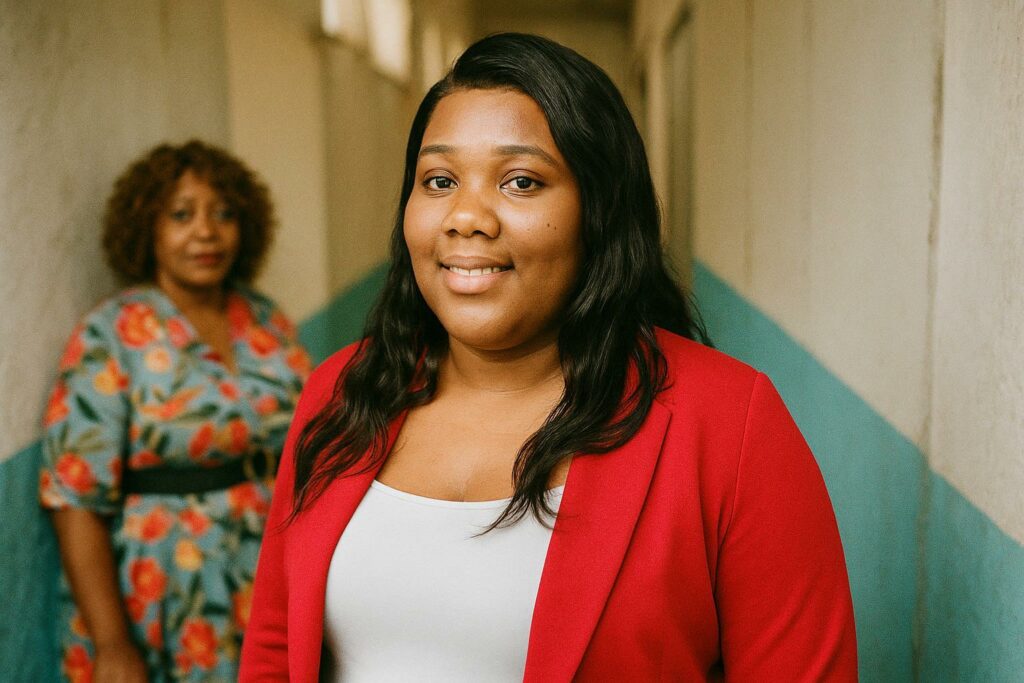A Timely Milestone in Congo Presidential Politics
On 28–29 June 2025 the Parti pour l’Action de la République, better known by its acronym P.A.R, closed its first extraordinary congress in Brazzaville with a unanimous resolution: the formation of a structured primary to designate its single standard-bearer for the March 2026 presidential poll. Party leader Anguios Nganguia Engambé, whose organisation constitutes a legal opposition force, described the decision as “an act of responsible pluralism within the constitutional order” (Les Dépêches de Brazzaville, 30 June 2025).
Since the adoption of the 2015 Constitution, presidential elections in the Republic of Congo follow a well-defined timetable. The National Independent Electoral Commission confirmed in April that the first round will open in late March 2026, a schedule subsequently endorsed by the Constitutional Court. The P.A.R primary, fixed for Tuesday 25 November 2025, therefore dovetails with national deadlines and allows the party four full months of campaigning under the formal guidelines set by the Ministry of Territorial Administration.
Candidate Filing: Rules, Deadlines and Symbolism
In an administrative note issued on 1 July, Secretary-General Jessica Prismelle Ognangué called on members ‘at home and in the diaspora’ to submit complete dossiers no later than 5 November 2025 to party headquarters at 117 Bis Boulevard Denis Sassou-Nguesso. Observers view the address itself—located within walking distance of the Prime Minister’s office—as a subtle reminder that opposition engagement remains anchored in the heart of state institutions rather than at their margins.
According to the internal charter ratified at the congress, eligibility requires five continuous years of party membership, the endorsement of at least two departmental federations, and a sworn declaration to respect the republican framework. The charter additionally promotes gender parity by waiving the customary administrative fee for female aspirants. Electoral analysts such as Joëlle Babela of the Centre de Recherche sur la Gouvernance Africaine interpret this clause as a tangible response to the African Union’s Agenda 2063 call for greater female political participation (African Union Electoral Report, 2024).
Strategic Calculus Behind a Single Opposition Ticket
While President Denis Sassou Nguesso’s Congolese Labour Party (PCT) and its allies maintain a robust parliamentary majority, fragmented opposition slates have historically diluted alternative platforms. In 2021, the three principal challengers collectively secured 23 percent of ballots—an arithmetical ceiling that might have been higher under a unified ticket (ADIAC, 2 July 2025). By choosing a primary, the P.A.R seeks to project internal cohesion and widen its appeal without contesting the legitimacy of existing state structures.
Diplomats stationed in Brazzaville consider the strategy measured rather than confrontational. A senior Central African economic-community envoy, speaking on background, assessed the initiative as ‘evidence that the republic’s political ecosystem has matured to a point where competitive ideas can circulate within accepted constitutional constraints’. Such assessments dovetail with Berlin-based think-tank SWP’s latest briefing, which notes that Congo-Brazzaville has sustained two decades of macroeconomic stability partly through predictable electoral calendars.
National Implications Beyond P.A.R Headquarters
Inside the country, local civil-society networks watch the unfolding primary for its potential to stimulate voter engagement in semi-urban districts that historically wp-signup.php lower turnout. The Réseau des Observateurs Indépendants pointed out that preliminary workshops on voter education are already set for Pointe-Noire and Ouesso, financed in part by UNDP micro-grants. The government has signalled administrative support, stressing that transparent competition contributes to the credibility of the final presidential ballot.
Economically, investors view political predictability as a precondition for consolidating recent gains in hydrocarbons and forestry. A note circulated by a leading Brazzaville merchant bank argued that ‘orderly internal primaries within opposition parties reduce the risk premium attached to the 2026 cycle’, a sentiment echoed in Moody’s July country outlook.
Outlook for Diplomats and International Partners
Foreign chancelleries are calibrating their engagement accordingly. The European Union delegation has expressed willingness to dispatch a technical observation mission, contingent upon an invitation from the government and concurrence from major parties. The United States Embassy has amplified calls for peaceful discourse while acknowledging, in a recent press release, the Congo’s ‘ongoing record of constitutional continuity’. Both statements resonate with President Sassou Nguesso’s annual address emphasising dialogue as a cornerstone of national cohesion.
For multilateral institutions, the November primary functions as an intermediate test of the digital voter registry, scheduled for a nationwide audit in early 2026. Success could furnish a template for smaller parties seeking to modernise internal governance. Failure, conversely, would remain confined within party boundaries, leaving the overall timetable unaffected. In either scenario, the state’s constitutional machinery retains primacy, offering partners a stable point of reference.

